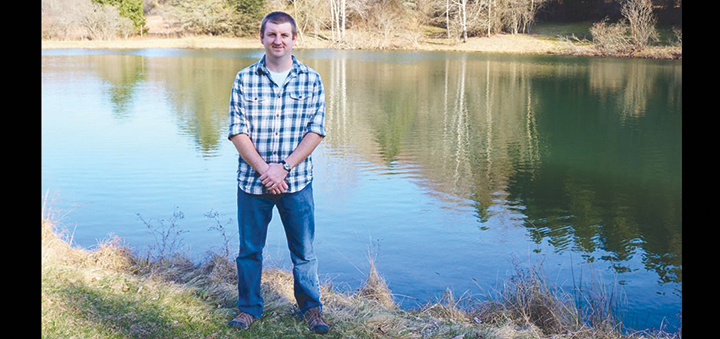Keep An Eye On The Bird Feeder
Published:
July 21st, 2021
By:
Eric Davis
 Outdoor Chenango Columnist Eric Davis
Outdoor Chenango Columnist Eric Davis
One week ago, the Cornell Lab of Ornithology and Cornell University College of Veterinary Medicine released a joint statement about a new illness that has been seen in some species of songbirds in the eastern United States. At the time of the statement, no cases had been documented in New York. However, there had been cases in New Jersey and Pennsylvania.
The new illness affects fledgling (hatched this year) blue jays, common grackles, European starlings, and American robins most frequently. Symptoms of this new illness include crusty eyes, tremors, and partial paralysis.
So far, the illness has been reported to affect any domestic livestock/poultry animals or humans. None of the common bird diseases (West Nile virus, salmonella, etc.) are the cause of the new illness. On the positive side, the number of occurrences seems to be waning according to their statement.
It is unclear if the illness is being caused by a disease organism, such as a virus or parasite, or if it due to toxic environmental factors. In case the illness can be spread at feeding sites used by a lot of birds, some states have recommended that residents take their bird feeders down. This is like the ban on feeding big game animals in New York to prevent the spread of Chronic Wasting Disease.
If you do encounter a bird that appears to be sick, avoid handling the bird when possible. Call the NYSDEC so that the bird can be collected and sent to the Pathology Lab to be tested. Keep your pets or children away from sick or dead birds. If you must handle a sick or dead bird, use disposable gloves and place the bird into sealable plastic bag or container.
Since no cases have been reported in New York and the limited amount of knowledge about the illness and how it spreads, there has been no recommendation by NYSDEC to take down residential bird feeders. Audubon New York has recommended that bird feeders be taken down in New York out of an abundance of caution. The Cornell Lab of Ornithology suggests that people wash their bird feeders regularly with a diluted bleach solution (10% bleach maximum) throughout the year.
Author: Eric Davis - More From This Author
Comments










